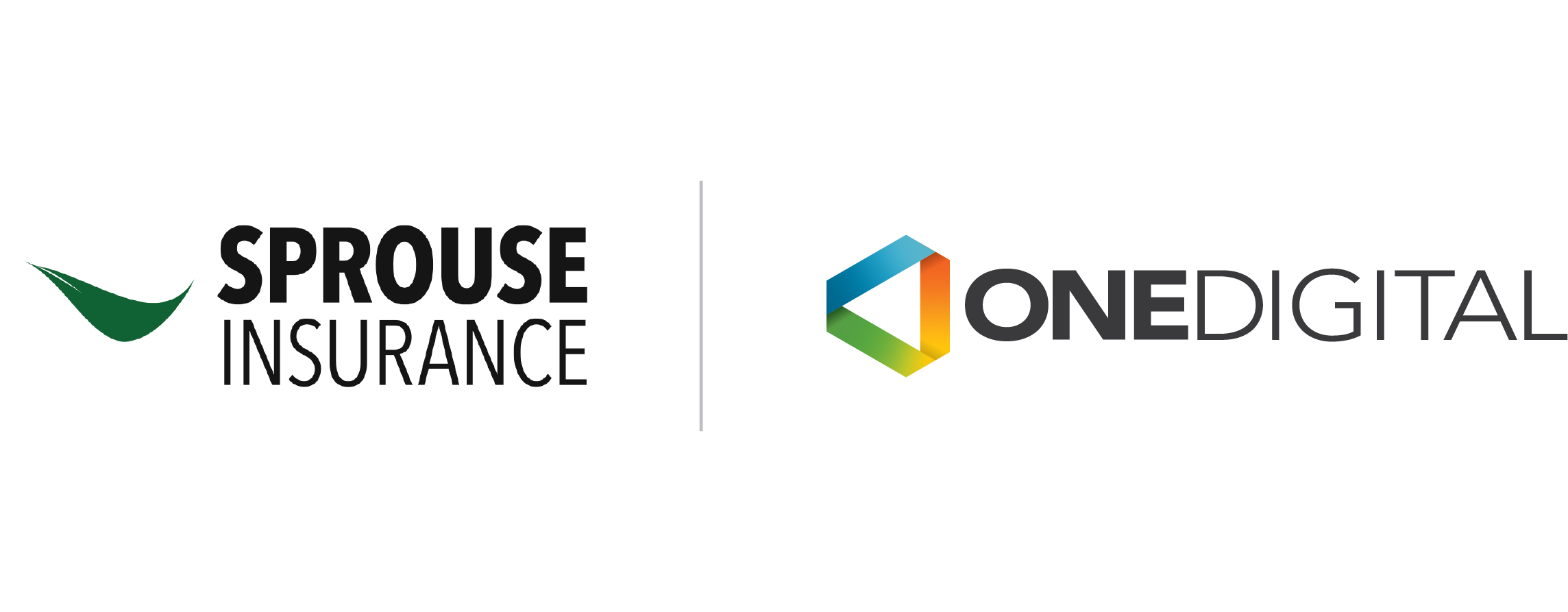Mutual Insurance Companies
- December 15, 2017
- Posted by: Sprouse Insurance
- Categories: Agency, Insurance
Ever wonder what the “mutual” behind your insurance company’s name means?
Hastings Mutual, Ohio Mutual, Employers Mutual, Woodville Mutual….The list goes on and on. According to The International Cooperative and Mutual Insurance Federation (ICMIF), there are over 1800 mutual insurance companies in the United States. They write 37 percent of the insurance in the U. S. market.
Mutual insurance companies by definition are owned entirely by their policyholders. Any profits earned are returned to policyholders in the form of dividend distributions or reduced future premiums. Stock insurance companies, on the other hand, are owned by their shareholders and, therefore, strive to maximize shareholder value. Stock insurance companies receive capital from stockholder contributions in addition to having capital from surplus. For both types of insurance companies, policyholders receive insurance coverage in exchange for premium payments.
Mutual insurance policyholders generally are not responsible for losses that exceed the insurance company’s resources. However, some mutual insurers, known as assessable mutuals, have the right to assess policyholders to obtain additional funds if that becomes necessary for the insurer to meet its obligations. Such assessments typically are limited to not more than one additional annual premium payment.
Whether you choose a mutual or stock insurance company, we highly recommend using A.M. Best to check the financial strength of that company.
A.M. Best ratings (A++ to F)
These ratings are assigned to insurance companies that subscribe to their interactive rating service. The Best’s Rating represents an opinion based on a comprehensive quantitative and qualitative evaluation of a company’s balance sheet strength, operating performance and business profile.
- A++ and A+ (Superior) Assigned to companies that have, in our opinion, a superior ability to meet their ongoing obligations to policyholders.
- A and A- (Excellent) Assigned to companies that have, in our opinion, an excellent ability to meet their ongoing obligations to policyholders.
- B++ and B+ (Very Good) Assigned to companies that have, in our opinion, a good ability to meet their ongoing obligations to policyholders
Any rating below B+ is considered vulnerable. One last consideration is the company’s outlook. A “Negative Outlook” could mean a downgrade in rating is coming.
At Sprouse Insurance, we strive to provide insurance solutions through “A” rated or better insurance companies. We represent multiple “stock” and “mutual” insurance companies. You can see a list of the companies we represent here. Let us help you navigate the insurance marketplace and give you the peace of mind that your insurance is with a quality company.
Sources: ICMIF, NAIC, NAMIC, A.M. Best

